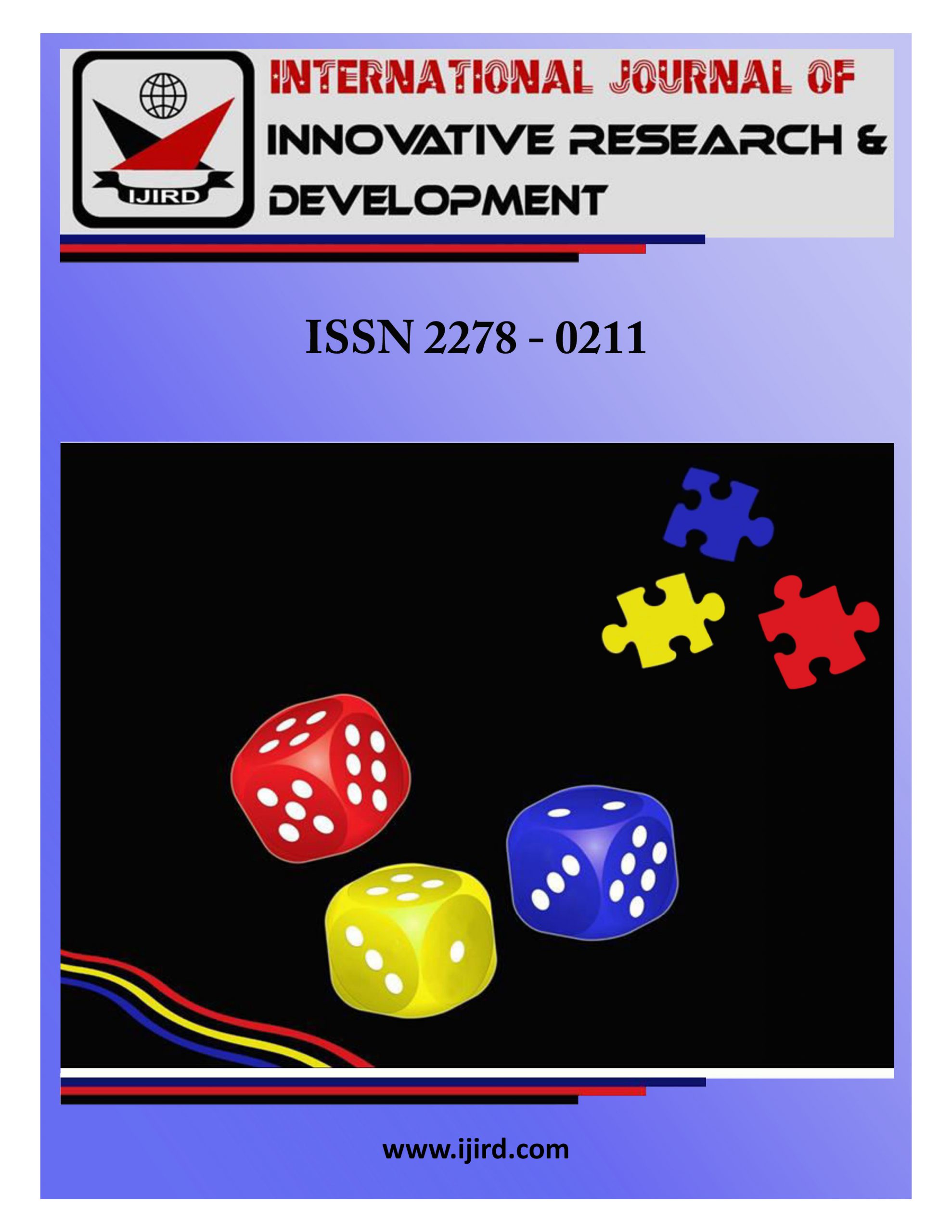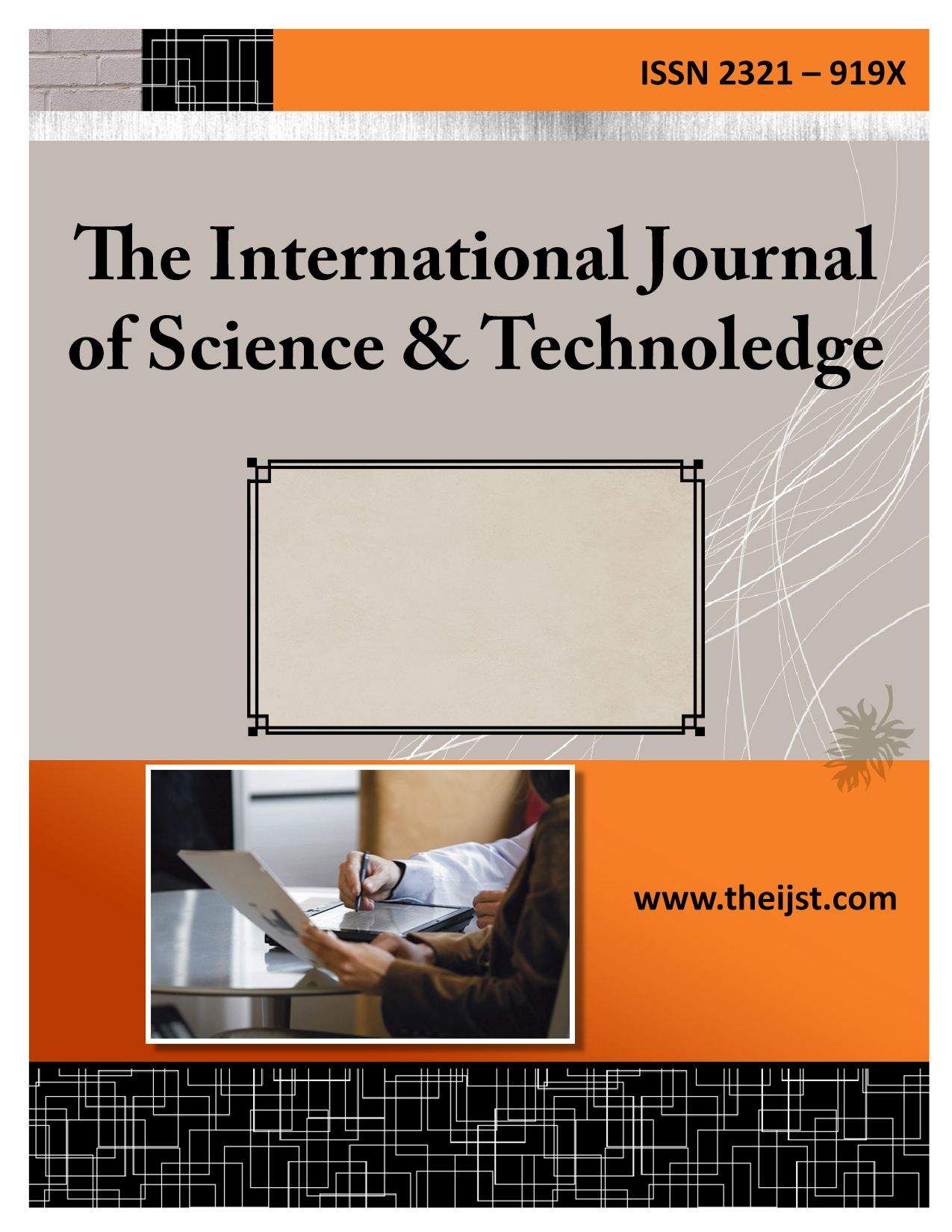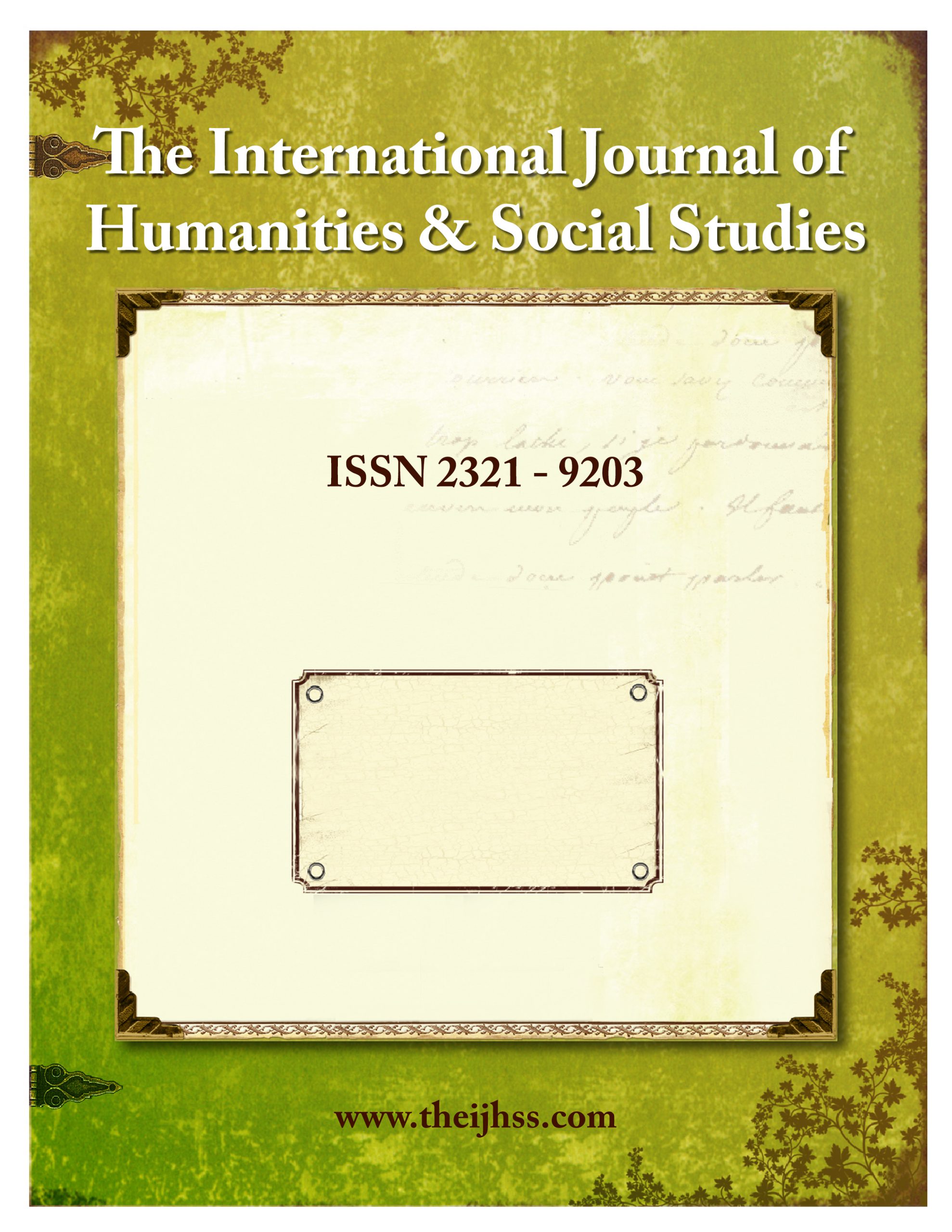In today’s digital landscape, where information flows freely and boundaries between original content and derivative works blur, copyright protection has become more critical than ever, especially for researchers. The rapid advancements in technology have revolutionised the way knowledge is disseminated and accessed, but they have also introduced new challenges and threats to intellectual property rights. Several international journals have explored this area before. In this blog post, we will delve into the importance of copyright protection for researchers and provide strategies to safeguard their valuable work in the digital age.
Understanding Copyright Protection
Copyright protection grants creators exclusive rights to their original works, such as literary, artistic, and scholarly creations. These rights include the right to reproduce, distribute, display, and perform the work, as well as the right to create derivative works. Copyright protection automatically applies to qualifying works upon their creation, providing authors with legal recourse against unauthorised use or reproduction.
Importance for Researchers
For researchers, copyright protection is indispensable for preserving the integrity of their scholarly contributions and ensuring fair recognition and compensation for their efforts. Whether publishing academic papers, creating multimedia presentations, or developing software algorithms, researchers invest significant time and resources into generating original content. Copyright protection empowers them to control how their work is used and disseminated, guarding against plagiarism, unauthorised reproduction, and misappropriation by others.
Challenges in the Digital Age
The digital revolution has presented both opportunities and challenges for researchers. While online platforms offer unprecedented access to vast repositories of knowledge and facilitate collaboration on a global scale, they also expose researchers to potential copyright infringements. The ease of copying and sharing digital content increases the risk of unauthorised use, making it imperative for researchers to adopt proactive measures to protect their intellectual property.
Strategies for Copyright Protection
- Understand Copyright Laws: Familiarise yourself with copyright laws and regulations in your jurisdiction to understand your rights and obligations as a researcher. Stay informed about updates and developments in copyright legislation to adapt your practices accordingly.
- Use Creative Commons Licences: Consider licensing your work under Creative Commons (CC) licences, which enable you to retain copyright while granting others permission to use your work under specified conditions. CC licences offer flexibility in sharing your work while maintaining control over its usage.
- Include Copyright Notices: Incorporate copyright notices prominently in your publications, presentations, and digital content to assert your ownership rights and deter unauthorised use. Clearly communicate the terms of use and attribution requirements to potential users.
- Utilise Digital Rights Management (DRM) Tools: Explore DRM tools and technologies that provide encryption, access controls, and digital watermarking to safeguard your digital assets against unauthorised access and distribution. Implement appropriate DRM measures based on the sensitivity and value of your content.
- Monitor and Enforce Copyright Compliance: Regularly monitor online platforms, academic repositories, and scholarly databases for instances of copyright infringement involving your work. Take prompt action to enforce your copyright by issuing takedown notices, cease-and-desist letters, or pursuing legal remedies as necessary.
- Collaborate Responsibly: When collaborating with other researchers or institutions, establish clear agreements regarding copyright ownership, attribution, and usage rights from the outset. Clarify expectations and responsibilities to prevent disputes over intellectual property later on.
In an era defined by digital innovation and information abundance, copyright protection remains paramount for researchers seeking to safeguard their intellectual property rights. By understanding the principles of copyright law and implementing proactive strategies for protection, researchers can preserve the integrity of their work, foster innovation, and contribute to the advancement of knowledge in their respective fields. Embracing a culture of respect for intellectual property rights ensures equitable recognition and rewards for researchers’ contributions, reinforcing the foundation of scholarly integrity and academic progress in the digital age.










